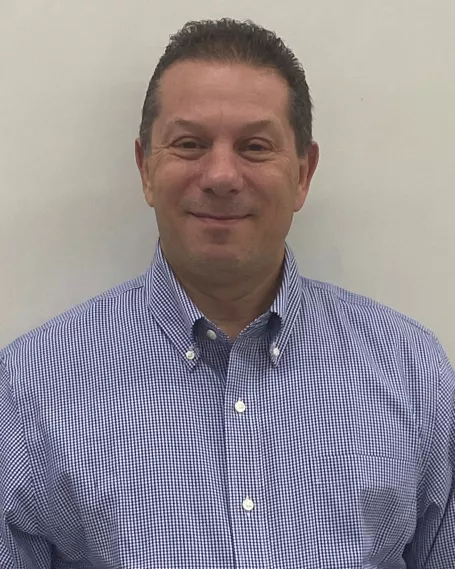Testifying at a public hearing is one of the most effective ways to engage with an important legislative action that is being considered by a governing body. It provides a way to interact with lawmakers in a much more personal manner than by simply sending an email or making a phone call. It provides an opportunity to give a direct opinion in a formal, interactive setting.
Voices from the public are necessary because without them; laws that are greatly needed may never get passed. Or laws with negative consequences get passed. Speaking out on issues helps influence the political path of a bill or a decision that policy makers are going to make. It’s an effective way to influence change. Lawmakers want input from the public to guide their decision-making. They especially pay attention to those who testify in person.
Lawmakers want input from the public to guide their decision-making. They especially pay attention to those who testify in person.
This spring I had the opportunity to testify on two bills at the R.I. General Assembly; one in the Senate and one in the House. Both bills were introduced in January 2023 as acts relating to teachers’ retirement that would allow a person to combine their state service credits with those earned while working in a municipality. These bills were written and introduced to rectify some of the inequities/oversights that occurred when changes were made to retirement benefits with the Rhode Island Retirement Act of 2012. I was personally affected by the changes that took place in 2012 because I was a correctional officer for nearly 10 years before becoming a teacher in Newport, R.I. Prior to 2012 I was able to merge my credits, but the changes in law reversed that.
Luckily the leaders at NEARI, along with the legislative committee were able to help write and advocate for the bills that were introduced at the G.A. this spring. I testified in both the Senate Finance and House Finance Committees in support of both bills. I had previously testified at the GA in opposition to the R.I. Pension Reform Act that was proposed; so that experience helped a bit. I spoke personally, from my head and my heart, and I also sprinkled in a bit of humor when I addressed the legislators. I found the lawmakers to be very receptive. Some asked clarifying questions and many appeared enlightened by my statements. I also received a warm thanks at the end of the testimony.
I continued to track the bills and was present when both committees voted on them. I also followed up by attending the sessions of the General Assembly when the bills were voted on the floor. To my delight, both bills passed unanimously on the R.I. Senate and House floors and became law upon passage on June 23, 2023. My preparation, the crafting of my testimony, and my repeated attendance at the General Assembly certainly paid off. I want to sincerely thank NEARI President Val Lawson, NEARI Vice President Amy Mullen, Executive Director Mary Barden, Legislative Liaison Patrick Crowley, UniServ Director Alex Lucini, Communications Director Stephanie Mandeville and many others at NEARI who greatly helped and supported me during the long process. I’d also like to thank R.I. State Senator Alana DiMario and R.I. State Representative Carol Hagan McEntee for introducing the bills and Governor Dan McKee for allowing the act to become law.
